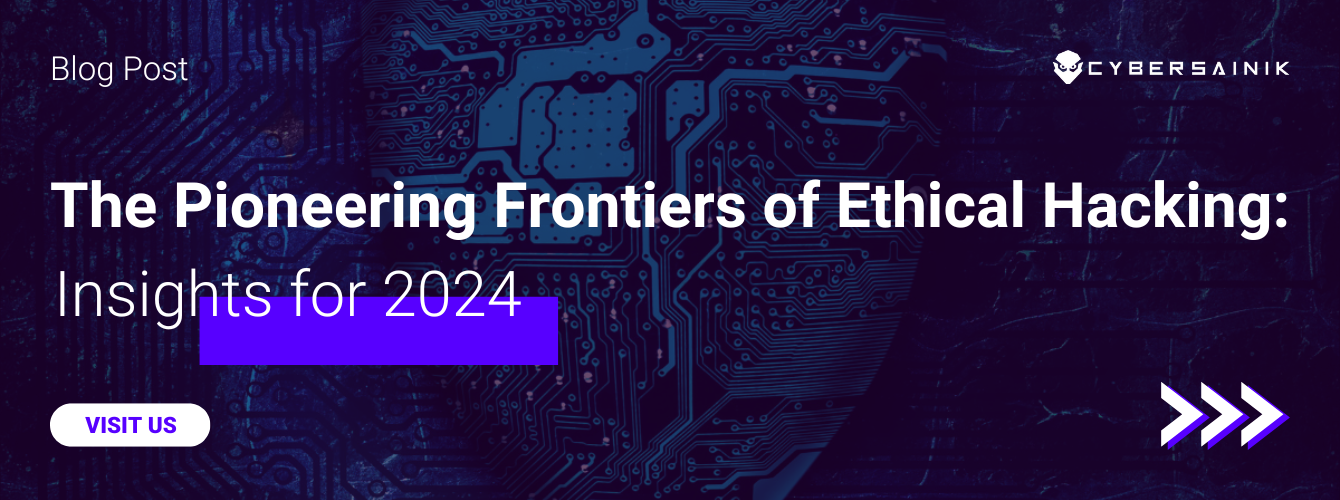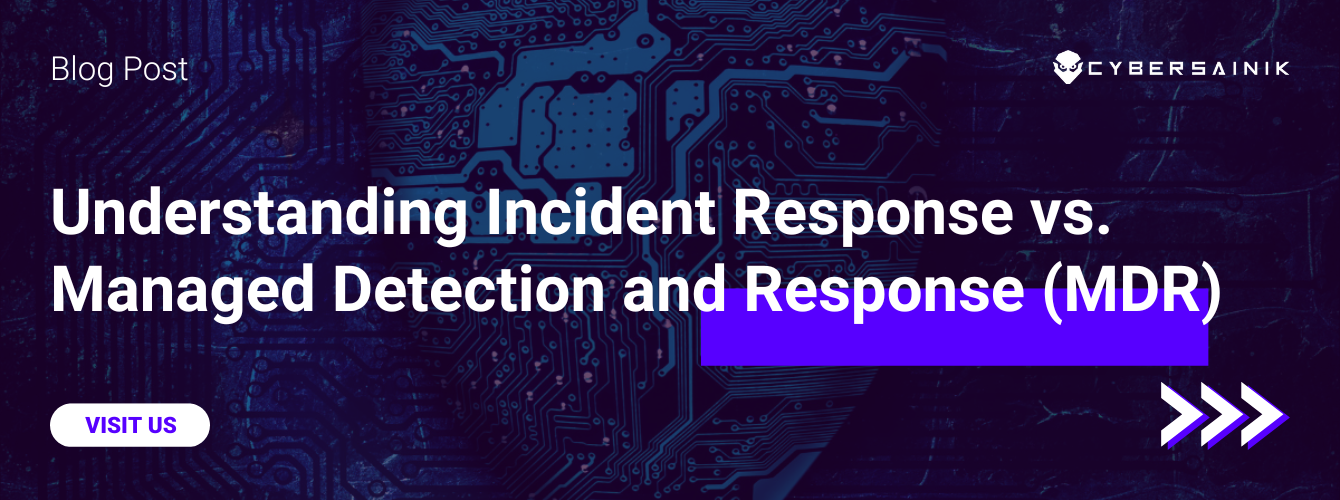The year 2023 marks a significant milestone in the technological landscape, particularly in the fields of artificial intelligence (AI), the progression towards artificial general intelligence (AGI), and quantum computing. IBM’s announcement of their new quantum computer indicates a new era in computing, filled with immense possibilities and challenges, especially in cybersecurity.
The Dawn of a New Computing Era
IBM’s latest quantum computer represents a monumental advancement in computational capabilities. It’s not just a step but a quantum leap into an era where computing power is exponentially enhanced. While this technology is not yet commercially available, the implications for research and development across various sectors are staggering.
Current Applications and Explorations
- Research Institutions: Embracing Quantum Power Leading universities and research institutions are already harnessing the potential of IBM’s quantum computing. These institutions are not just exploring the theoretical aspects but are also delving into practical applications, thus pushing the boundaries of current scientific knowledge.
- Quantum Experiments: A New Frontier Researchers are conducting quantum experiments in diverse fields, from chemistry to finance. This exploration signifies a pivotal shift in how complex problems are approached and solved, providing insights that were previously beyond reach.
- Revolutionizing AI Platforms: The enhancement in quantum computing is set to revolutionize AI capabilities. IBM’s integration of quantum computing with its AI platform promises unprecedented computational power, potentially accelerating AI towards achieving AGI.
- Quantum Software Development: The Next Generation IBM’s showcase of generative AI models designed to automate quantum code development is a significant advancement. This development, known as ‘Watsonx,’ aims to optimize quantum circuits, simplifying and accelerating quantum software development.
Medical Research and Quantum Computing
The installation of IBM’s new quantum computer at the Cleveland Clinic, Ohio, exemplifies the potential medical applications of quantum computing. This technology could revolutionize medical research, particularly in modeling protein behaviors and understanding their functions.
Cybersecurity in the Quantum Age
With great power comes great responsibility, and this is particularly true in the context of cybersecurity in the quantum computing era. The advanced capabilities of quantum computers pose new challenges in data security and encryption.
- Threats to Data Security: Quantum computing has the potential to break modern encryption methods. This capability, while advantageous in some respects, also poses significant threats to current data security protocols.
- Redefining Encryption: In response to these potential threats, there is a growing need to develop quantum-resistant encryption methods. This new form of encryption must be robust enough to withstand the computational power of quantum machines. Fortunately, there has been an ongoing research initiative that started in 2016 which has developed new encryption models.
The Future of Quantum Computing
The future implications of quantum computing are vast and varied:
- Utility-Scale Quantum Computing: IBM’s Quantum Heron processor is designed to deliver high performance and low error rates, making utility-scale quantum computing a reality. This development could revolutionize industries by providing unparalleled computational power.
- Quantum-Centric Supercomputing: The Quantum System Two, powered by the Heron processor, integrates quantum, classical, and qubit control electronics. This supercomputing system is a step towards quantum-centric computing, blending the strengths of classical and quantum computing.
- Enhancing AI Capabilities: The use of the Heron processor in IBM’s enterprise AI platform, Watsonx, signifies a significant leap in AI capabilities. This integration could accelerate the development of more sophisticated AI systems, possibly paving the way for AGI.
- Automating Quantum Software Development: The development of AI models that can automate quantum code development is a groundbreaking step. This innovation could democratize access to quantum computing, making it more accessible to researchers and developers.
- Advancements in Medical Research: The application of quantum computing in medical research, as seen at the Cleveland Clinic, could lead to breakthroughs. This includes more accurate modeling of biological processes and the development of new treatments and drugs.
This year’s advancements in the tech sector have been truly groundbreaking, presenting so much raw potential for major industries. But with the looming fear of misuse that comes with new technology, researchers and experts must continue taking steps toward understanding these new technologies and adapting the current landscape within the evolving one.




